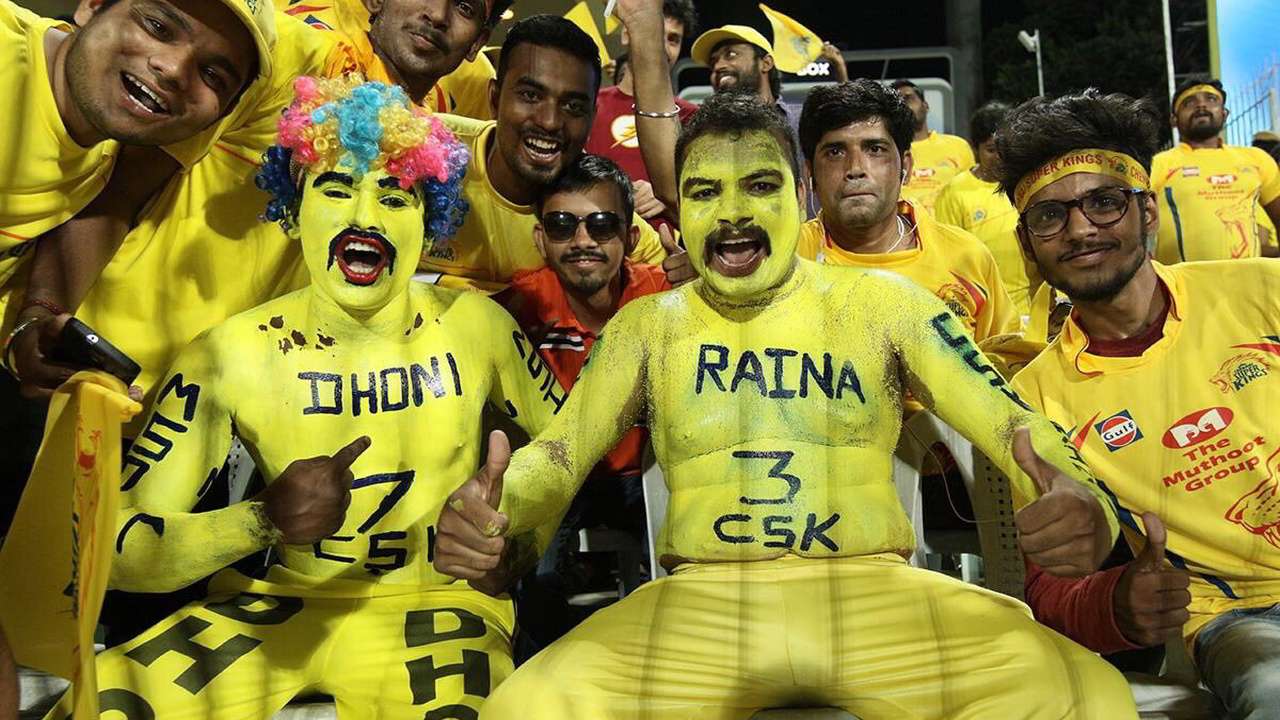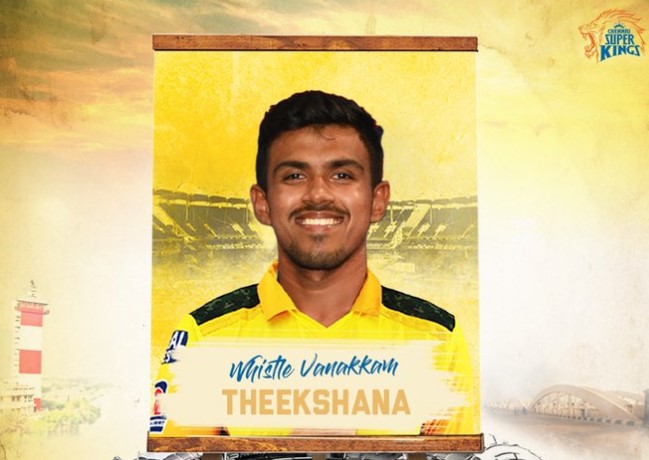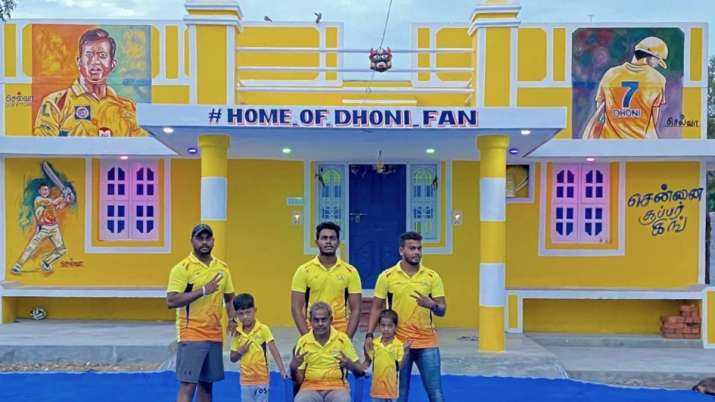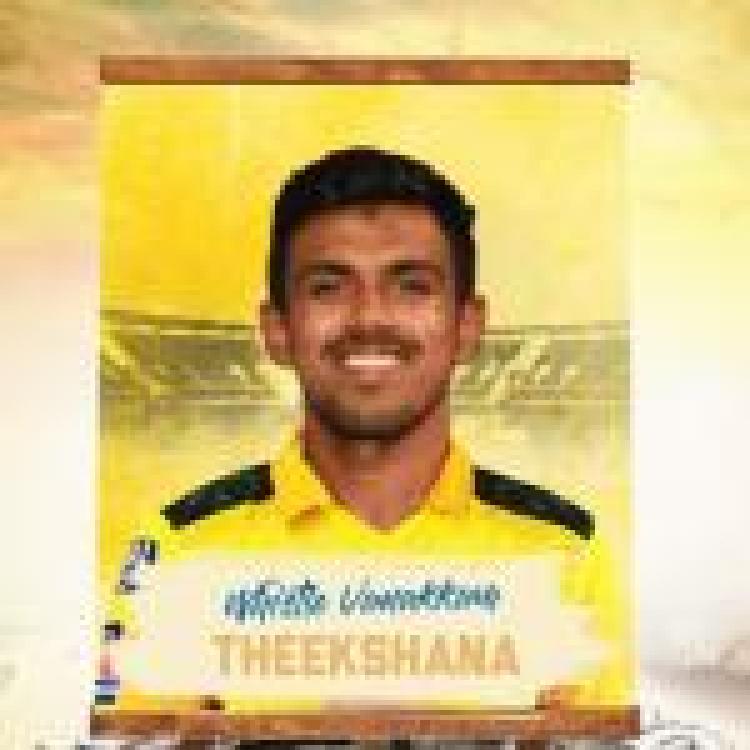
In their book Dialectic of Enlightenment, Theodor Adorno and Max Horkheimer wrote about the role of popular culture in “seducing the masses into desiring their own domination”. The current situation in Tamil Nadu certainly has echoes of that.
Throughout the state’s history, the people of Tamil Nadu have proven susceptible to ignoring their political rights for the altar of mass entertainment and hero-worship. Cinema has been the most influential medium of popular entertainment and MGR’s example has inspired subsequent super-stars to consider parlaying their popularity into a career in politics. Even though the ventures of Vijayakanth and Rajinikanth have been somewhat damp squibs, icons like Kamal Haasan and Vijay continue to exploit their on-screen adulation for political mileage.
If the silver screen of Kollywood is one medium that entrances Tamils into political stupor, the gentleman’s game of cricket is another. Indeed, much of South Asia is besotted with the sport. But the Tamils are in a class of their own.
Over the years, they have demonstrated a ready willingness to subordinate greater political and national aspirations to the pleasure of watching the Indian Premier League (IPL), an annual cricketing carnival loaded with money. In 2018, when angry and spontaneous protests broke out against the conduct of a match in Chennai, calling attention to the reluctance of the Karnataka Government to release the waters of Cauvery into Tamil Nadu, fans were disappointed that it interrupted their merriment. The question of the flow of adequate water to a state where millions depend on agriculture appeared less important than three hours of spectating spine-tingling T20 cricket.
The recent purchase of a Sri Lankan army cricketer by the Chennai Super Kings (CSK), an IPL franchise, has however, inflamed Tamil nationalist sentiment in the state. Many Tamil youngsters baulked at the idea of a member of the army that slaughtered their brethren across the Palk Strait playing for a team that claims to represent them. The mere thought of a soldier from a military that committed a genocide of their kinfolk representing Chennai, a quintessential Tamil city, sounded risible. The phrase ‘Boycott Chennai Super Kings’ began to trend on Twitter as aghast fans took to social media platforms to vent their outrage.
Though this growing awareness about the genocide is undoubtedly welcome, it should not blind us to the structural maladies that continue to bind the minds of many across Tamil Nadu. Whilst a growing chorus has voiced its sentiments against Sri Lankan army corporal Maheesh Theekshana joining the Tamil Nadu-based franchise, a significant number of cricket enthusiasts in the state still claim that the demonstration unduly mixes politics with sports.

Ironically, Theekshana represented the Jaffna team in the Sri Lanka Premier League
Given Tamil Nadu’s history, this is not surprising. Throughout the decades, a toxic concoction of board-approved movies, flashy sports and TASMAC sponsored alcohol has played a role in eroding and defanging the Tamil national political consciousness. No protests over the Cauvery issue, no resentment at the ejection of the Tamil Nadu chariot from the Indian official Republic Day celebrations, no indignation at the use of Hindi slogans by the Puducherry government, no mobilisation around the brutal killing of Tamil Nadu fishermen by the Sri Lankan army.
But when a threat arises to their entertainment – such as when a cricket match is cancelled or a movie about an apologist for the Tamil genocide is scrapped - Tamil Nadu youth are encouraged to be up in arms. This insouciance towards a firmer, more determined politics and coaxing towards amusement has plagued Tamil Nadu. The apathy towards tackling serious political issues has left both state and central governments free to rule (and misrule) and make politics a preserve of the morally and financially corrupt. For many in Tamil Nadu, this ignorance about their own intrinsic political rights as a result of their immersion in entertainment has perpetuated their oppression unbeknownst to them, reflecting Adorno and Horkheimer’s argument.
The Chennai Super Kings are a prime example. The team represents to Tamils the foremost deity in the pantheon of Indian cricket. Fans wear their hearts in their sleeve when it comes to the team and its admired skipper M. S. Dhoni. They are delirious at times of victory and grieving during a loss. But this hysteric adulation of CSK by Tamils is sadly unrequited. The franchise, owned by the controversial Tamil Brahmin industrialist N. Srinivasan, has been widely accused of favouring Brahmin players over people from other castes. This is particularly true when it comes to Tamil players. A quick look at the most prominent Tamil players who played for the team - Ravichandran Ashwin, Subramaniam Badrinath, Lakshmipathy Balaji, Anirudha Srikkanth, Abhinav Mukund - reveals that they have all been Brahmins. Surely Tamils without a priestly background do know a thing or two about cricket?

A house of a CSK fan in Cuddalore
But the fans, composed predominantly of non-Brahmin Tamils, are encouraged not to care less. Instead, they actively support an entity that systematically ostracises their stock. A franchise named after a city built by the blood and toil of its proletariat Tamils excludes them from participating in it. Their money is welcome, but their talent, not so. Under colonial rule, British India segregated the city into White Town and Black Town, a racist nomenclature that preserved the former for the English colonists and the latter for the Tamil masses. CSK is arguably employing the same old tactic, preserving its team for foreigners and Brahmins and leaving the galleries of the stadium for the seemingly inferior masses. The team and its owners believed that the 2013 ban on Sri Lankan players entering the state for IPL matches, a move that was roundly endorsed across Tamil Nadu, was dead and buried. And by hiring a Sri Lankan soldier, the franchise has unambiguously demonstrated its contempt for the sentiments of the Tamils. Indeed, after decades of systematically battering Tamil nationalist politics down, it believes that there is none such sentiment left.
Amid the gloom, however, the ‘Boycott CSK’ campaign offers hope. The franchise is now abruptly discovering that not everyone in Tamil Nadu is intoxicated with the pleasures of mass entertainment to the extent that they have forgotten their political and national rights. Popular YouTubers have angrily aired their frustration at fellow Tamils for their reluctance to take a stance. Debates have been sparked across the state. And social media platforms are still buzzing with outrage over the selection of a Sri Lankan soldier to play in Chennai.
The effect of this pressure on the future of the CSK remains to be seen with the team and its owners yet to respond to the furore. But this episode should serve as a reminder and wake up call to youth across Tamil Nadu. The shackles of a mass intoxication must be broken off.

